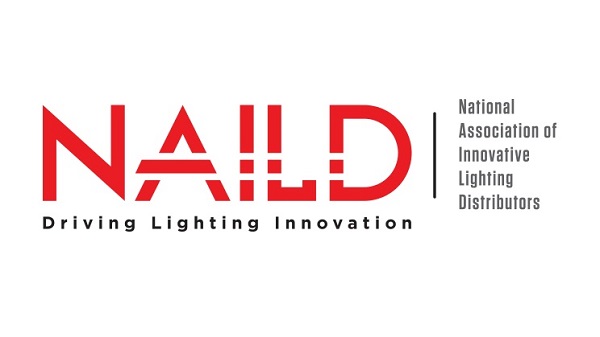Brand-Neutral Training Delivers Cutting-Edge Knowledge
Keeping with its long-standing tradition of cutting-edge, education products, the
National Association of Innovative Lighting Distributors (NAILD) has opened registration for its much-anticipated Lighting Specialist-Controls certificate training program, the organization announced today.
Industry professionals who want to boost company sales and profit margins can register at
http://naild.org/training/ls-c/. Registrants must have already completed the Lighting Specialist I training.
 |
|
(Image:NAILD) |
“LS-C is the perfect complement to NAILD’s best-in-class training programs,” said Robin Watt, NAILD’s president. “Whether you are relatively new to the industry or have been selling lighting for decades, we all need to get up to speed on this new technology in order to effectively serve our customers.”
LS-C is a brand-agnostic and technology-neutral training program covering the basics of lighting control that allows distributors to speak to customers and suppliers with competence and confidence. The on-demand, online training program is supported by workbook exercises, hands-on activities, online quizzes, in-house coaching and a final exam. Those who successfully complete the course will become LS-C certified.
The U.S. Department of Energy predicts that one-third of all LED energy savings by 2030 will come from the use of lighting controls. Lighting distributors who can knowledgably pair controls with LED upgrades will increase sales and be more competitive. More so than lamps and luminaires, controls are highly sensitive to the application. Effective distributors will know how to select the right control strategy, develop a controls narrative and apply products to applications.
LS-C training includes four modules:
-
Introduction to Lighting Control: An overview of the fundamentals and goals of lighting control, popular control strategies defined by different inputs and outputs, control zoning and the elements of an effective lighting control solution.
-
Controlling Light Sources: A discussion of common control effects of switching and dimming and their effect of the behavior on incandescent/halogen, compact and linear florescent, induction, HD, LED and light-emitting plasma sources.
-
Lighting Control Equipment: An extensive discussion of popular types of lighting control equipment including occupancy sensors, control panels, light sensors, dimming controls, intelligent control and device communication and protocols.
-
Design and Application: A step-by-step presentation of the process of delivering lighting control strategies to spaces, covering owner requirements, control narrative, design development and commissioning.












